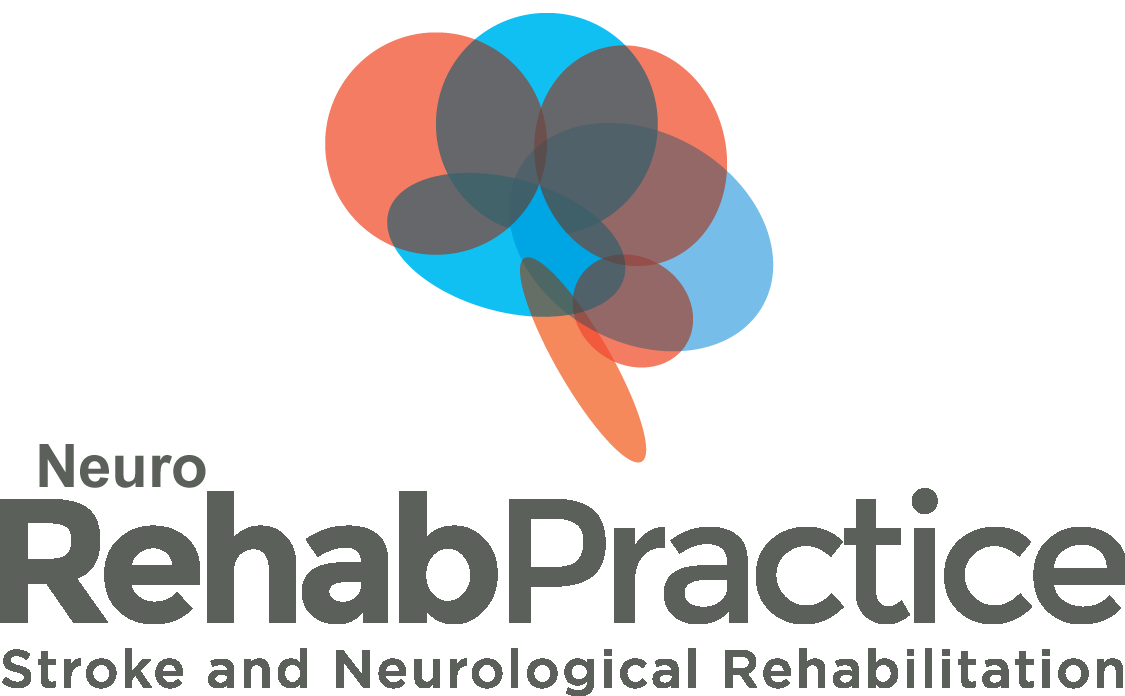The Rehab Practice Ltd Trading As:

Dystonia
How Dystonia may affect you
Dystonia is a movement disorder that causes uncontrolled, and sometimes painful, muscle contractions or spasms. Faulty messages from the brain cause muscles to contract in an unwanted way, resulting in twisting, repetitive movements, or abnormal postures. In some instances, the symptoms can be accompanied by a tremor. There are a number of different types of dystonias, some start in childhood, and others in adulthood, some affect one part of the body (focal dystonia), while others affect the body as a whole (generalised dystonia). More information about the various types of dystonia can be found at www.dystonia.org.uk. There is huge variability in people with dystonias, and therefore presentation differs from person to person. However, generally, people with dystonia report difficulty with controlling movements, posture, pain and executing specific movements i.e. using their hands, walking.
Your Assessment
On your initial assessment, we look at how your dystonia affects you and your functional abilities. We observe and take measurements to establish a baseline, as well as help you set goals specific to the targets you want to achieve.
Treatment Plan
After the initial assessment is complete, we look at a treatment plan that can best achieve your goals and optimise your progress. We continue to monitor your progress throughout your treatment and adapt your goals accordingly.
Treatment Sessions
With reference to the assessment and treatment plan, we tailor your sessions accordingly. For people with dystonia, we look at how we can optimise posture and movement patterns through specific exercises. We look at ways to promote your independence and participation at home or at work. We provide advice on maintaining your general health and joint mobility, as well as ways to reduce pain or discomfort. We provide advice on the equipment that may benefit you and whether you need input from other specialities areas.
We recommend also linking in with local support groups and charities to help you along the way.
